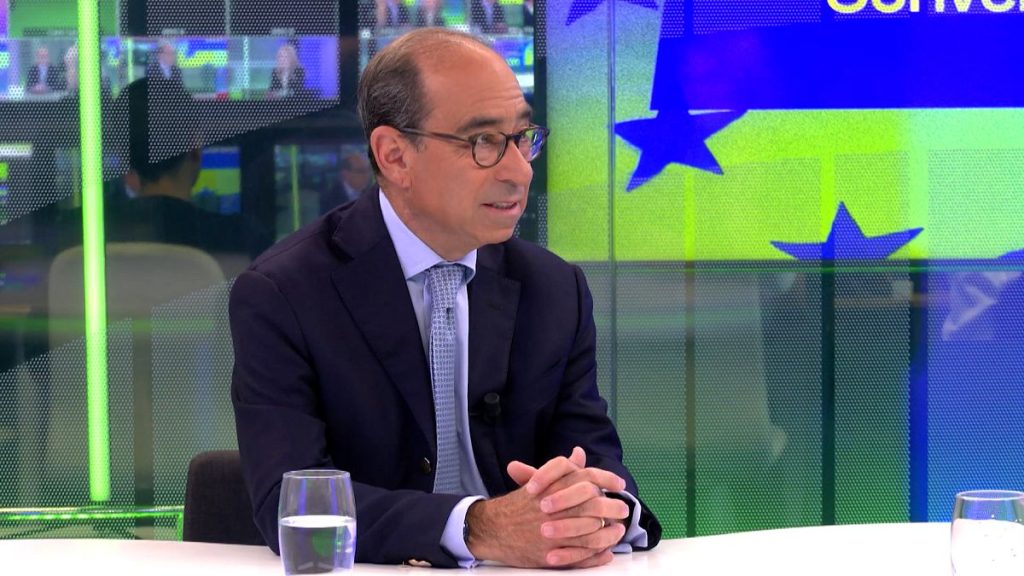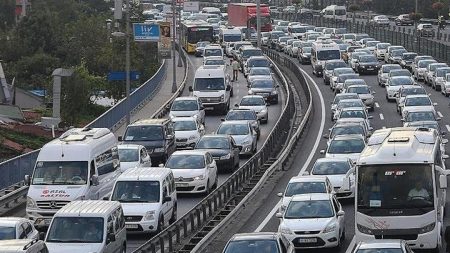Dr. Ian Lesser, a distinguished fellow and advisor to the president of the German Marshall Fund, believes that everyone is extra vigilant following attempts to overthrow the 2020 election results. He warns that the risks of this happening again have grown, but reassures that “everyone is watching.” There is a fear of a repeat of the attempts made in 2020 by the Republican Party to overturn the election result or cast doubt on the validity of the poll. Lesser emphasizes the importance of vigilance in this regard.
According to Dr. Lesser, it may take several days before the result of the US presidential election is known. He predicts that there could be many legal challenges, even legitimate ones, particularly if the race is very close. He explains that it is conceivable that even a few days after the election, the winner may still be uncertain. The specter of attempts to overturn the election result, similar to those made in 2020 by former President Donald Trump, looms large. Lesser stresses the importance of being vigilant and watching closely for any signs of interference or attempts to undermine the democratic process.
Dr. Ian Lesser also expresses concerns about the impact of Donald Trump’s policies on EU-US relations, particularly regarding tariffs. He warns that Trump’s inclination towards imposing tariffs on countries he sees as engaging in unfair competition poses a significant risk to the European economy. Lesser highlights the potential structural changes in economies that could result from Trump’s policies, including the possibility of using tariffs instead of income taxes to raise federal revenue. This shift could have far-reaching implications for global trade and economic growth.
Europe is currently facing challenges such as slow growth and a lack of innovation, as highlighted by former European Central Bank boss Mario Draghi. Lesser warns that the specter of another four years of Donald Trump could exacerbate these challenges. Trump’s policies, including the use of tariffs, could suppress global growth and make it more difficult for Europe to compete with rivals such as the US and China. Lesser emphasizes the need for Europe to address these challenges and adapt to the changing economic landscape.
On the topic of European security and the war in Ukraine, Dr. Lesser believes that Trump is unlikely to withdraw the US from NATO but could make life difficult for the alliance. While there is still support for NATO within the public and on Capitol Hill, Trump’s policies could challenge the alliance’s cohesion and effectiveness. NATO’s consensus on supporting Ukraine remains stable, but a change in direction from a Trump administration could have implications for the alliance’s stance on Ukraine. Lesser emphasizes the importance of US support for NATO’s objectives in order to maintain stability and security in Europe.
In conclusion, Dr. Ian Lesser’s warnings about the potential risks posed by attempts to undermine the democratic process, Trump’s trade policies, and the implications for European security highlight the importance of vigilance and cooperation among transatlantic partners. The uncertainty surrounding the US presidential election and the potential implications for global trade and security require careful monitoring and proactive engagement to address these challenges effectively. Lesser’s insights underscore the need for continued attention to these issues and the importance of working together to safeguard democracy, economic stability, and regional security.















